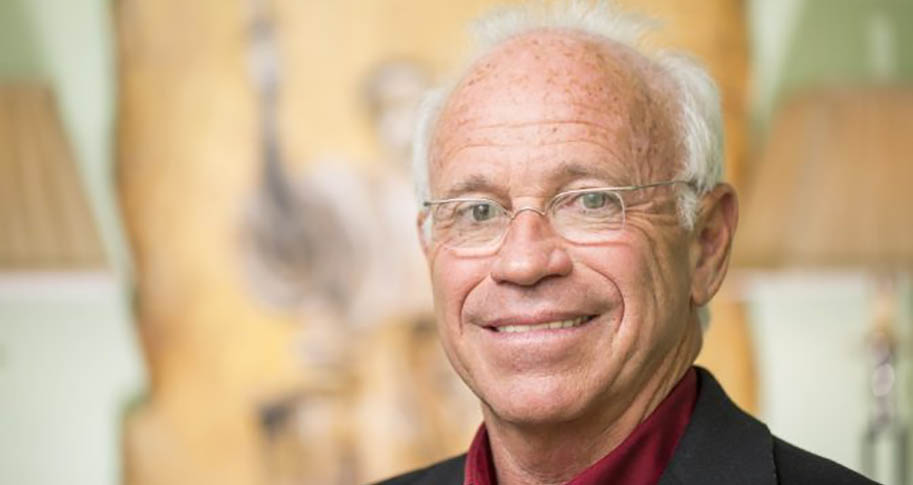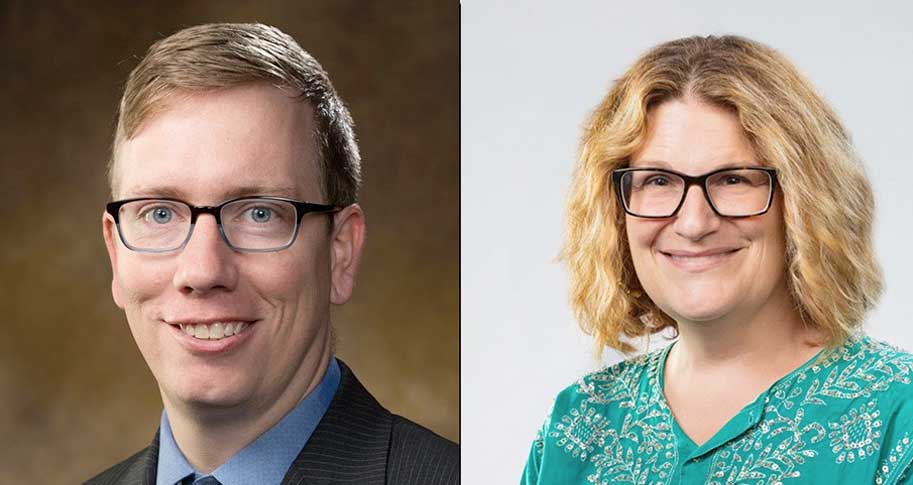
Bill Watt wasn’t looking to earn another college degree. He simply needed to get some insight from Matt Waller and decided to give him a call.
Waller, dean of the Sam M. Walton College of Business, was director of Walton’s Executive M.B.A.-China program when Watt contacted him. Watt, a Little Rock lawyer, was interested in doing business with the Chinese and had some specific questions to ask. In their conversations, Waller told Watt the best way to learn about business dealings with China was to enroll in Walton’s Executive M.B.A. program.
It had been more than 30 years since Watt was a law student. He had since maintained a law practice, served 10 years as Little Rock Municipal Judge and ran a property management business. There was a time he would have likely rejected the suggestion.
But something had happened that was fresh on his mind. Cancer.
“After recovering, and after working through a lot of problems for a couple of years with cancer and surgeries and the radiation and all of that, I got a different attitude,” Watt says.
It changed how he approached every aspect of his life, he says.
“I burned the candle at both ends, politically, business-wise and aggressively up to that point,” he says.
It also got him to thinking about his bucket list. Visiting China was one of them. Sure, he told Waller, he’d enroll in the Executive M.B.A.-China program.
The first segment of the program took place at Walton, where he and his classmates met with the Chinese business leaders and discussed aspects of marketing, accounting, logistics – much of which involved Walmart. Watt concentrated on protection of intellectual property in both the United States and China and other aspects of doing business in China. For the second segment, Watt and his class traveled to Tongii University in Shanghai, where the Chinese portion of the program was based.
While there, Watt conducted research for a Phoenix-based trucking company to see if it would be beneficial for it to expand in China. When Watt learned that it probably wouldn’t be a good financial move, his report included a single page he gave to the company: “Don’t go.”
And they didn’t.
He says the graduate program offered him exposure to all sorts of people, from Walton faculty to Chinese business leaders. “Walton has an influence,” Watt says.
And it influences the way Watt conducts business. He says he continues to apply what he learned from his E.M.B.A. classes and continues to draw upon Walton when needed. For example, Watt, who also conducts classes for law enforcement, recently used Walton as a resource when training police officers about finances. “I got some help, and we put together a pretty good format,” he says of the training.
Watt likens returning to school to putting a new battery in a car.
“You recharged everything,” he says. “You reoriented it to understand more of today’s terms, today’s terminology. You understand more what the demands are in business. Profit is the bottom line – everybody knows that hasn’t changed. But how you get there has changed.”
When Sherman Tate, chairman of the Urban League of Arkansas, asked Watt to serve on its board, Watt was pleased to know that its Springdale office partners with Walton.
“Now there’s another connection to Walton,” Watt says. “It’s interesting how it all intertwines.”




